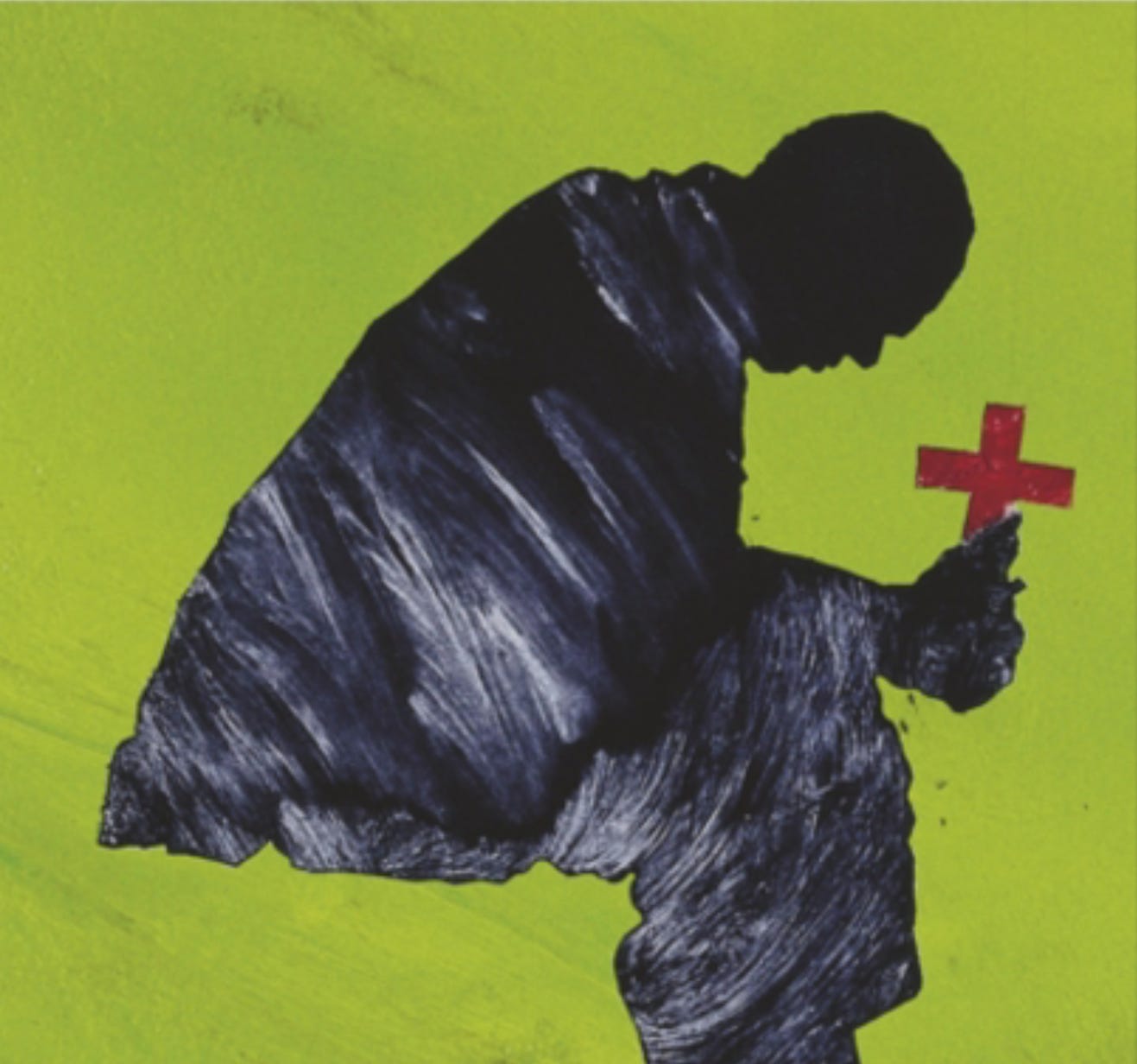Go Tell It on the Mountain - On your own terms
James Baldwin shows us the solitary path to communal belonging
Welcome to By the Books, a newsletter dedicated to capturing and distributing wisdom from works of classic literature.
Each post will take less than 5 minutes to read, and will feature one great book, including:
A brief summary
A distillation of relevant themes
One actionable insight
Live by the best books, one day at a time.
“Go Tell It on the Mountain” by James Baldwin
As a person who grew up embedded within a strong religious community, this one hits very close to home for me.
Baldwin’s semi-autobiographical novel is set in 1930s Harlem, and follows John Grimes, a bright teenager exploring his relationships with family and church. While the story delves into the pasts of John's mother, biological father, and his religiously strict, violent stepfather, Gabriel Grimes, it is the way the narrative scrutinizes the role of the Pentecostal Church in the lives of African Americans that resonates most powerfully with me.
As John Grimes wrestles with his own spiritual and personal identity, he is torn between the strict (and often hypocritical) religious teachings of his stepfather, Gabriel, and his own burgeoning sense of self. For John, this configures the church into both a place of solace and a source of deep inner conflict. As he grapples with his spiritual beliefs, his emerging sexual identity, and his place within the church and his family, he follows a path of self-discovery and acceptance that will be recognizable to anyone who has had to navigate similar tensions.
In the end, John experiences a spiritual awakening during a church service that signifies a deep reconciliation. He can finally accept the church's role in his life on his own terms, drawing strength from his faith and its community, while also questioning and challenging the flaws and problems endemic to any group of humans.
“Folks can change their ways much as they want to. But I don’t care how many times you change your ways, what’s in you is in you, and it’s got to come out.”
Actionable Insight*
It can be easy to forget that reconciliation requires some sacrifice on our part. Whether it’s recalcitrance, resentment, or regret, there’s probably something inside you that blocks that already hard road.
And no matter how much we might wish it otherwise, this cannot be done by anyone else. No one but you can remove the obstacle in the path to harmony between you and your family, and your community.
So, the question: What is it? What is in the way?
For John Grimes, it was the abuse of his stepfather and the hypocrisy and judgment of his community. He had to find a way to let go of those things — to accept them for what they were, and then detach his personal identity from them.
For me, for you, the details may differ. But the work is the same. When it comes to clearing the way toward the vital and universal goal of filial, communal, and divine connection, the work is ours alone to do. No one else can move whatever mountain stands between us and the love that binds the universe together.
*As a lover of literature, I must emphasize that the best way to truly absorb the wisdom of any work of literature is to actually read it, from start to finish, the way the author intended. I hope By the Books will occasionally inspire you to do just that.






Thanks for this post. I have always been curious about JB but knew more about the man than his work. If you are up to it, pl do read my work. I would be open to criticism. Thank you.
Only ever known the song, thanks for the info